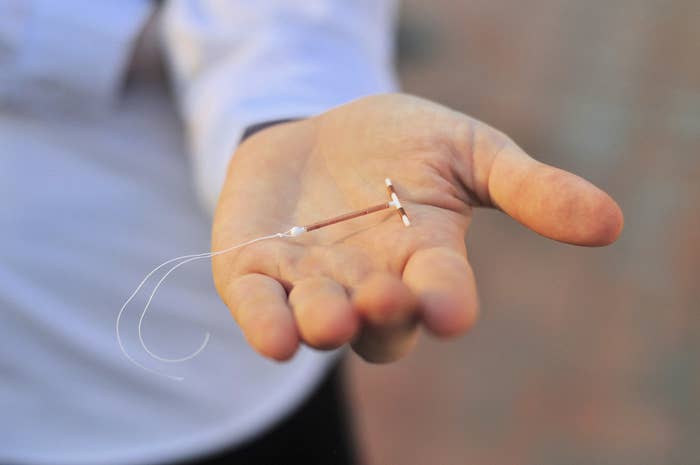Half of Australian women have unintentionally fallen pregnant during their reproductive lives, despite 60% of those women using at least one form of contraception.
The Australian Healthcare and Hospitals Association (AHHA) has found this might be because women are not getting all the information they need to make informed decisions.
"We know that there are 200,000 unplanned pregnancies in Australia every year, 80,000 abortions and more than 700,000 occasions of emergency contraceptions like people taking the morning-after pill every year," the association's chief executive Alison Verhoeven told BuzzFeed News.
"That is an awful lot of women who are in their childbearing years and who are not accessing or planning their contraception in advance."
Verhoeven said the most common form of birth control in Australia is the contraceptive pill but it was increasingly accepted by professionals and policy makers that the best way to reduce unintended pregnancies was to use less "user-dependent" forms of contraception, like an intra-uterine device (IUD) or hormonal implants, which are long-acting, reversible contraceptives.
Despite this, two in three Australian women still choose the contraceptive pill.
Meanwhile four in ten Asian women, one in eight European women and one in four Swedish women use long-acting reversible contraceptives including IUDs, such as Mirenas, or hormonal implants, like Implanon, which can last more than five years.

Yet more than 70% of Australian women surveyed said they would not consider using these methods, the report found.
The association is calling for increased Medicare funding for contraception services, including the extension of Medicare items to include nurses working in GP clinics who insert and remove different long-acting reversible contraceptives so that it is "affordable for the woman, for the practice and for the healthcare system".
"Just one in 10 Australian women use these long-acting reversible contraceptives (LARC)," Family Planning NSW medical director Dr Deborah Bateson said. "We are lagging behind much of the world."

"It would be a rare week when I don't put in at least four or five Mirena coils" Royal Australian and New Zealand College of Obstetricians vice president Professor Steve Robson said. "I am a very big fan of long-acting reversible contraception."

